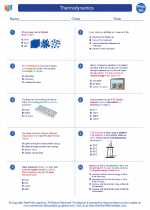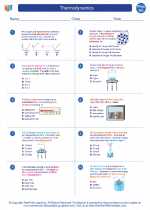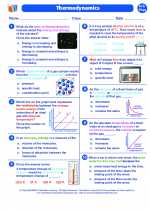Conductors in Physics
Conductors in physics refer to materials that allow the flow of electric charge. In the context of electrical conduction, conductors are materials that have a high density of free electrons, allowing them to easily carry an electric current. This property makes conductors vital components in various electrical and electronic devices.
Characteristics of Conductors
Conductors possess several key characteristics that distinguish them from other materials:
- High Electron Density: Conductors have a high density of free electrons, which are not bound to specific atoms and are free to move under the influence of an electric field.
- Low Resistance: Due to the presence of free electrons, conductors offer low resistance to the flow of electric current, enabling efficient conduction.
- Good Thermal Conductivity: Many conductors also exhibit good thermal conductivity, allowing them to efficiently transfer heat.
- Malleability and Ductility: Some conductors, such as metals, are malleable and ductile, making them easy to shape and form into various configurations.
Examples of Conductors
Common examples of conductors include:
- Metals such as copper, aluminum, silver, and gold
- Graphite
- Electrolytes, such as solutions of salts and acids
Conduction in Metals
Metals are exemplary conductors due to their atomic structure. In a metal, the outer electrons of the atoms are not bound to any particular nucleus and are free to move throughout the material. When a potential difference is applied across the metal, these free electrons drift in response to the electric field, resulting in the flow of current.
Applications of Conductors
Conductors are utilized in various practical applications, including:
- Electrical wiring for power transmission
- Electronic circuitry in devices such as computers and smartphones
- Components of electrical motors and generators
- Conductive coatings for antistatic purposes
Study Guide
To deepen your understanding of conductors, consider the following study guide:
- Research the atomic structure of metals and the behavior of free electrons in a conductor.
- Investigate the factors influencing the resistance of a conductor, including length, cross-sectional area, and temperature.
- Explore the applications of conductors in modern technology and everyday life.
- Conduct experiments to observe the conduction of electricity in different materials and analyze the results.
◂Physics Worksheets and Study Guides High School. Thermodynamics

 Worksheet/Answer key
Worksheet/Answer key
 Worksheet/Answer key
Worksheet/Answer key
 Worksheet/Answer key
Worksheet/Answer key
